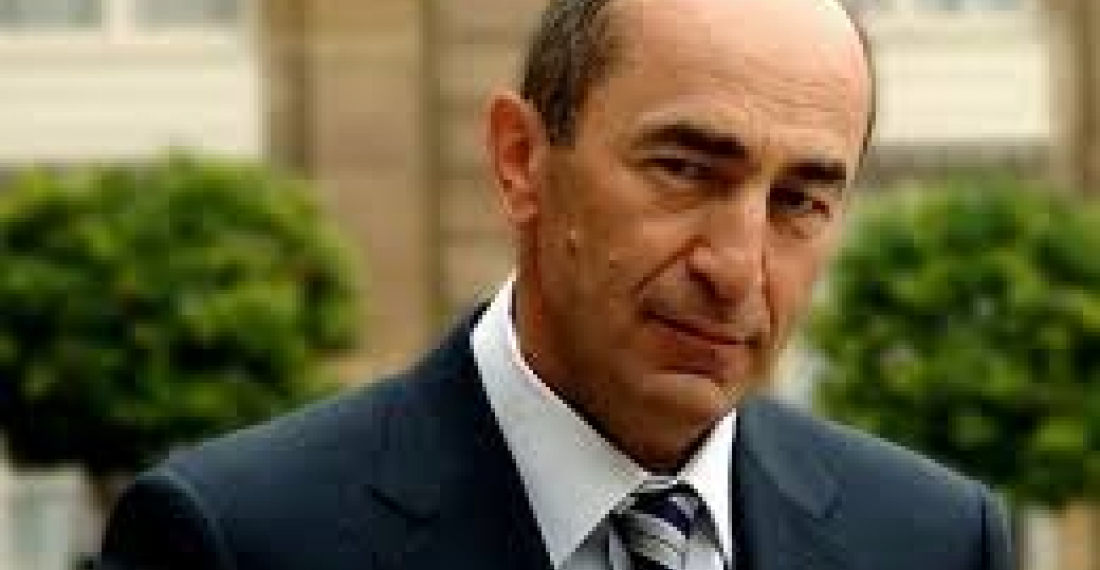Armenia's former president, Robert Kocharian, has been arrested. Earlier Kocharian, who was Armenian head of state from 1998-2008, was charged in connection with the crackdown on opposition protests following the disputed presidential election in 2008, which left several people dead.
A Yerevan district court late on July 27 ruled that the Special Investigative Service (SIS) could hold Kocharian pending further investigation into the crackdown. Kocharian is being investigated for ordering the crackdown and has been charged with overthrowing the constitutional order.
A number of other persons holding senior positions in the military and security sectors at the time are also being investigated. Also yesterday, the current Secretary-General of the Russia led Collective Security Treaty Organisatiomn (CSTO), General Yuri Khachatarov, was granted bail after being indicted for involvement in the 2008 incidents. At the time Khachatarov was the head of the Yerevan Military District.
source: commonspace.eu







